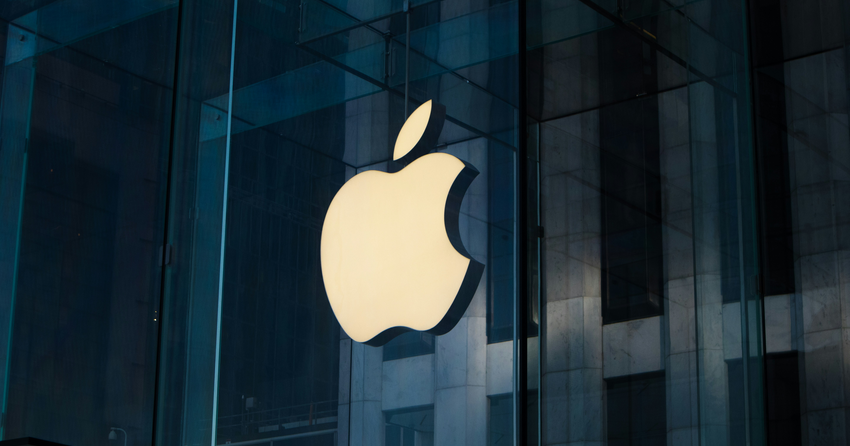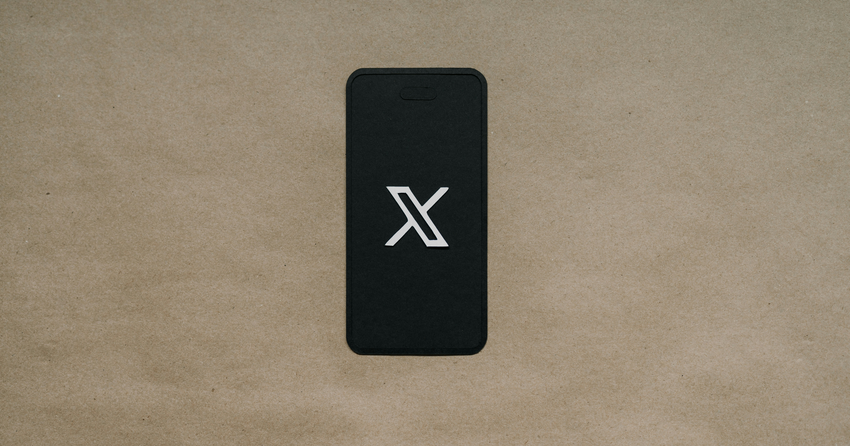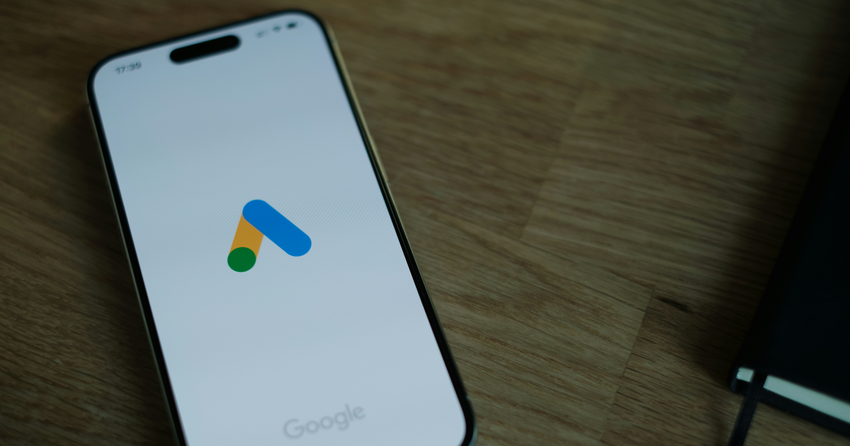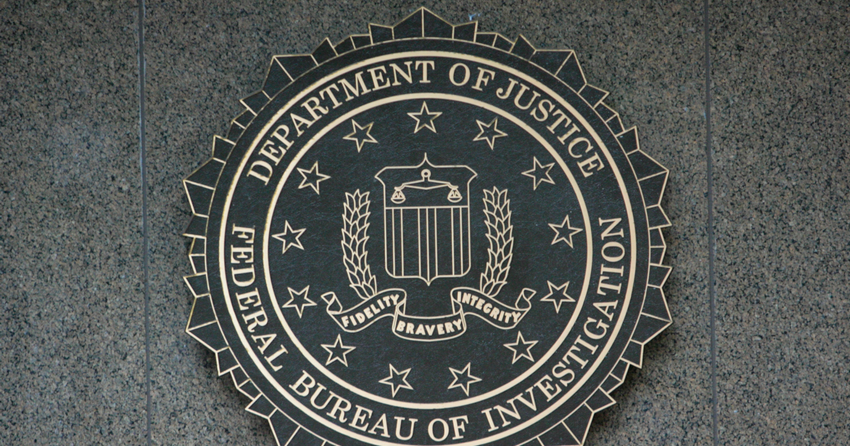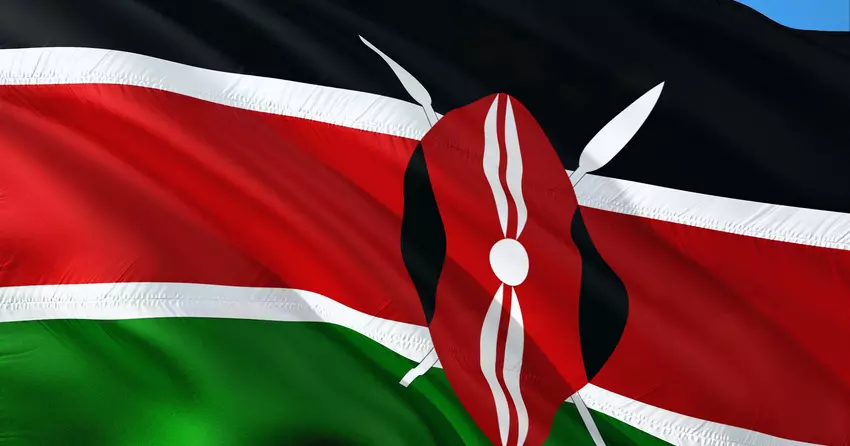
Meta Can Be Sued in Kenya, According to Landmark Ruling
The High Court of Kenya has ruled that Facebook’s parent company, Meta, can be sued within the country over its alleged role in promoting content linked to ethnic violence in Ethiopia. The decision represents a landmark in holding tech companies accountable in African jurisdictions.
The case was brought by Abrham Meareg and Fisseha Tekle, along with civil rights organization the Katiba Institute. They claim Meta promoted harmful content during the civil war in the Tigray region of Ethiopia, from 2020 to 2022.
Meareg claims that his father, Meareg Amare Abrha, was the target of threatening posts on the social media site. The posts included personal details such as his address, along with false claims of corruption and partisanship in the conflict. His father was killed in 2021. Tekle also received online harassment over his human rights work in Ethiopia.
“The petitioners argue […] the Facebook algorithm recommends content that amounts to propaganda for war, incitement to violence and advocacy to the Facebook users in Kenya,” the ruling reads. “The petitioner also accuses the respondent of granting preferential treatment to users in other countries.”
The plaintiffs demand that Meta create a restitution fund for victims of hate speech, take further action to stop its promotion on the platform, and make a formal apology for Amare Abrha’s death.
Meta argued that, since the company is not registered or headquartered in Kenya, local courts have no power to bring suits against it, and all claims should be heard under US jurisdiction. The company has a history of making the same argument against other lawsuits across the African continent.
“The court here has refused to shy away from determining an important global matter, recognizing that homegrown issues must be addressed directly by our courts,” said Nora Mbagathi, executive director of the Katiba Institute.
The case also addresses Facebook’s use of proactive tools to monitor hate-speech, which it effectively terminated earlier in the year, along with its third-party verification program. Mark Zuckerberg, Meta’s CEO, has explicitly justified the decision to end fact-checking, citing the right to freedom of expression under the US Constitution.
“Mark Zuckerberg may imagine that justice begins and ends at the US border. I am happy that the court has demonstrated today that is not the case,” said Abrham Meareg.




